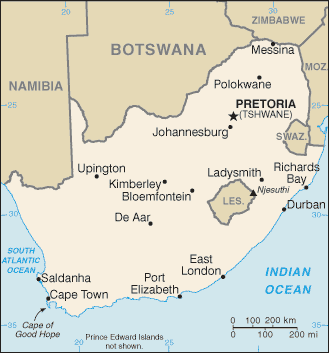Drug policy
- Tobacco Products Control Amendment Act, 2008.
- Cannabis for Private Purposes Bill, 2023
- Final National Liquor Policy (Government Gazette, 30 September, 2016)
- Act No. 14 of 2022: Drugs and Drug Trafficking Amendment Act, 2022
- MEDICINES AND RELATED SUBSTANCES ACT (Government Gazette, 25 August 2017)
- Prevention of and Treatment for Substance Use Disorders Policy (Government Gazette, 10 November 2023)
- National Drug Master Plan (2019-2024) – Await the NDMP for 2025-2030
- Provincial Drug Master Plan: Each of the 9 provinces within South Africa have their own specific Provincial Drug master plan that is borne out of the NMDP
- National Strategy for the Prevention and Management of Alcohol and Drug Use Amongst Learners in Schools (2013), Department of Basic Education (Still to be finalised before implementation)
- Prevention of and Treatment for Substance Use Disorders Policy (draft), National Department of Social Development
Treatment and Recovery Services
Demographic data on Substance Use is limited in South Africa; however, data is collected through the South African Epidemiology Network on Substance Use (an arm of the South African Medical Research Council)
- Specialized treatment system for both drug and alcohol use disorders.
- Pharmacotherapy: Methadone, Buprenorphine, Benzodiazepines, Phenergan - all used for the treatment of opioid dependence for detoxification
- Pharmacotherapy: Methadone, Buprenorphine and Ibogaine – all used for the treatment of opioid dependence for maintenance
- Pharmacotherapy: Benzodiazepines, carbamazepine – all used for treatment for alcohol withdrawal
- Settings involved in the provision of Methadone/Buprenorphine: public general hospitals, public mental health hospitals, public drug treatment centres, private practice, primary health care, community pharmacies, prisons
- OST (Opioid Substitution therapy) is available on a limited basis in certain provinces within SA. There is no National programme to implement this as yet.
- Availability of programmes that divert clients away from criminal justice towards treatment (NICRO)
- Alternative to Incarceration (process is underway that seeks to institute this within the South African Justice system)
- Social Workers, Addiction counselors, Psychologists and Psychiatrists are the key professionals for the treatment of people with alcohol use disorders and drug use disorders
- NGO presence for drug and alcohol treatment and prevention (e.g., SANCA (the South African National Council on Alcohol and Drug Dependence), focusing on prevention and treatment; NICRO – focusing on young offenders).
Prevention Services
- Government unit responsible for the prevention of alcohol and drug use disorders
- Annual budget line for the prevention of substance use disorders and mental health issues
- Prevention initiatives are largely state-financed, although there are numerous organisations that provide educational and awareness campaigns at the grass-roots level.
- ITTC SA: “ITTC works with its national and local governments to design and implement effective local drug demand reduction strategies that meet international standards.” ITTC SA Provides trainings and programmes Nationally
- Prevention services are available via mass media channels, school-based programmes and community-based programmes
- Community Oriented Substance Use Programme (COSUP): “first publicly funded, community-based programmatic response to the use of illegal substances in South Africa. It is founded on a systems thinking, public health and clinical care harm reduction approach”, “offers an evidence-based, public-health-informed, feasible alternative to an abstinence-based approach to substance use”.
- TB/HIV Care organisation has the STEP UP programme – a needle exchange programme: The Step Up Project has reached over 5 000 people who inject drugs in four South African cities, distributed over 1.7 million needles and syringes. It has provided opportunities for the voices of PWUD to inform the National Drug Master Plan”. https://tbhivcare.org/seven-years-on-the-frontline-of-harm-reduction/

